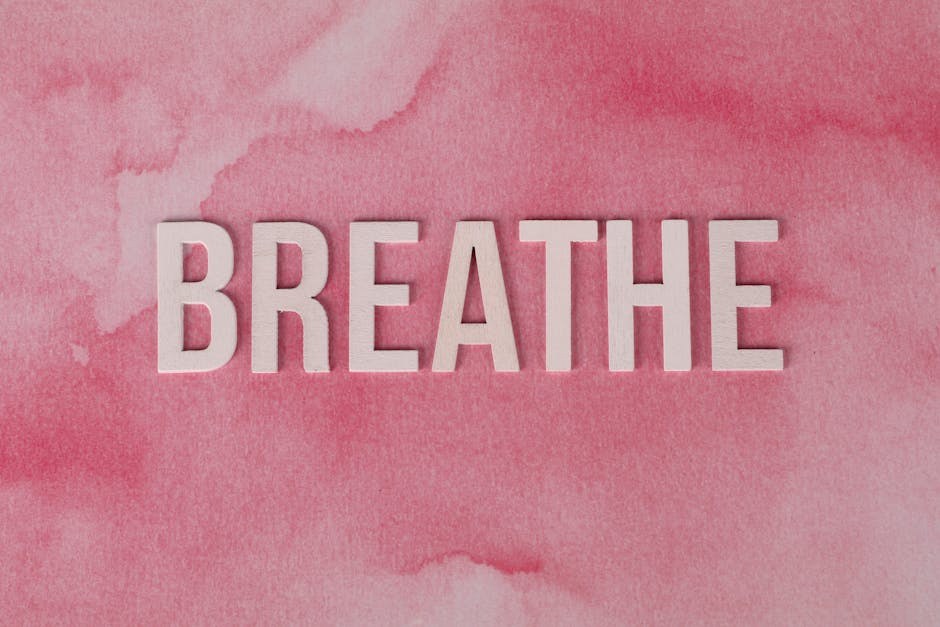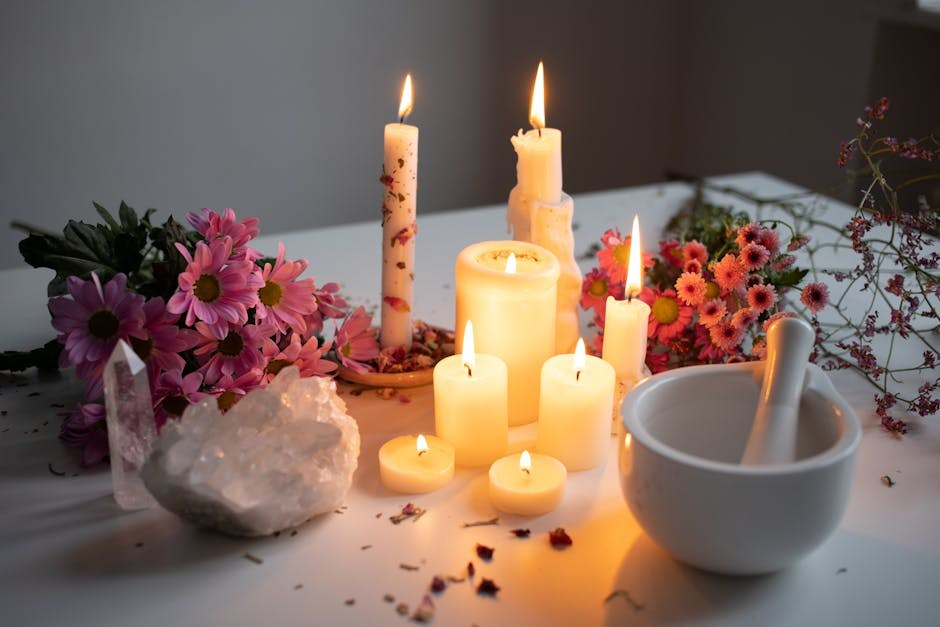Heartbreak can make even the bravest soul hesitate, yet many of us still quietly believe in love. The feeling doesn’t vanish just because a chapter ended – it lingers, nudging us to risk tenderness again. This article invites you to reflect on what love really is, why we sometimes walk away from it, and how to rekindle trust after disappointments. If you still believe in love somewhere beneath the caution, consider this your gentle guide back to hope.
Understanding what love really means
Ask ten people to define love and you’ll hear ten different melodies. Still, certain themes show up again and again – care, devotion, and the steady pull to show up for someone. To believe in love is not to deny flaws; it is to recognize a pattern of intentions and actions that elevate both people. When we name these patterns, the fog clears and trust becomes a little easier.
-
Affection that deepens into devotion
Liking someone is a spark; love is the slow, bright fire that follows. The feeling grows from fondness into a desire to nurture, to listen, to offer warmth without keeping score. People who still believe in love know it begins with chemistry but matures into daily care.

-
Selflessness without self-erasure
Real connection includes putting a partner’s well-being alongside your own – not above it in a way that erases you, but beside it with dignity. When you believe in love, you practice generosity that comes from choice, not obligation. The best giving feels like freedom, not sacrifice demanded.
-
Priorities that align with promises
Time is the clearest declaration. When someone matters, calendars shift and attention follows. Those who genuinely believe in love show it by being present – not perfectly, but consistently. Prioritizing each other becomes a habit that steadies the relationship.
-
Willingness to go the extra mile
Love often asks for effort when it’s inconvenient – carrying a bit more on the days your partner is tired; taking the late-night call; making space for their dreams. If you believe in love, you understand that small, steady efforts create a sense of safety that grand gestures alone cannot.

-
Desire as a longing for presence
Romantic desire is not merely physical – it is the wish to linger, to notice, to learn. You want their stories, their laughter, their quiet. People who believe in love relish being near their person because the ordinary moments feel golden.
-
Protectiveness that honors autonomy
Standing up for each other is part of intimacy. The protective instinct – when healthy – defends without controlling, advocates without silencing. To believe in love is to promise, “I’m at your side,” while respecting that your partner is fully their own person.
Why some people turn away from love
When love hurts, the mind builds armor – an understandable response. If relationships felt chaotic or one-sided, avoiding intimacy can seem safer. Some stop dating; others keep things casual and keep moving. Even people who quietly believe in love may hide behind cynicism because hope feels risky.

There’s another pattern too: we confuse the failure of a partnership with the failure of love itself. A relationship can falter due to timing, readiness, or mismatched values – this doesn’t prove love is a myth. To believe in love again means separating the concept from one painful chapter.
Do we need love to live well?
Strictly speaking, people survive without romance. Friendships and family bonds can offer deep comfort, and solitude can be rich. Yet many of us still believe in love because it colors life with meaning – a sense of being seen, chosen, and cherished. Wanting that does not make you naive; it makes you human.
Reasons to keep faith with the heart
Even skeptical minds can find compelling reasons to try again. Below are reflections – not grand claims, just grounded observations – that help many people believe in love after disappointment.
-
Love is visible in everyday life
Look around: an elder reaching for their partner’s hand; a friend waiting outside an interview; a parent whispering encouragement. If you still believe in love, you’ll notice it in the small daily scenes where care quietly persists.
-
Hope invites connection
People drawn to each other often recognize a shared openness. When you genuinely believe in love, your words and actions reflect warmth – you listen better, you greet possibility instead of bracing for doom. That attitude changes how others feel around you.
-
Giving and receiving love enriches life
Affection lowers defensiveness and raises resilience. We laugh more, recover faster, and dream bigger. Those who believe in love know that companionship doesn’t fix everything, but it makes the journey kinder.
-
Love lightens the spirit
There’s a reason so many songs celebrate the lift of connection – the world feels brighter when someone delights in you. If you believe in love, you’ve felt this gentle buoyancy that turns ordinary days into something memorable.
-
Affection surrounds you in many forms
Even outside romance, you are cared for – by friends, family, mentors, pets. To believe in love is to honor these bonds too, because they teach us how to show up in romantic partnership later.
-
Different perspectives expand your world
Falling for someone who isn’t your mirror invites growth. You see through another lens, learn new rhythms, and soften rigid beliefs. Those who believe in love welcome this stretch – curiosity becomes an aphrodisiac.
-
Shared memories become a living archive
Trips, inside jokes, kitchen dances – these moments become a story you tell together. People who believe in love cherish such memories not as proof that nothing will go wrong, but as evidence that beauty is possible.
-
Joy grows when it’s shared
Happiness isn’t a finite pie. When you celebrate each other’s wins, both people glow. Those who believe in love see mutual joy as fuel – the more you share, the more you make.
-
Courage rises with companionship
Life is less frightening when someone has your back. The presence of a steady partner lowers the noise of fear. If you believe in love, you know bravery often shows up holding another hand.
-
Love invites your best self
Being cherished reminds you of your worth, which in turn inspires better choices. People who believe in love don’t wait for perfection; they let affection encourage growth.
-
It feels good to be someone’s reason to smile
There’s a particular joy in realizing that your presence eases another’s day. To believe in love is to appreciate this reciprocity – your happiness multiplies because theirs does.
-
Love softens selfish impulses
Partnership asks us to think beyond our own bubble. When you believe in love, you practice consideration not out of fear, but because mutual care simply makes sense.
-
Togetherness can amplify impact
Teams move mountains that individuals cannot. People who believe in love view commitment as collaboration – two minds, two skill sets, one shared mission.
-
Love sustains hope
Affection and optimism often travel together. If you believe in love, you’re likelier to scan for possibilities rather than pitfalls – an outlook that brightens everything you do.
-
Presence over past or future
Healthy partnership invites you into the present – less rumination, less catastrophizing, more noticing. Those who believe in love learn to savor the moment without demanding guarantees.
-
We are wired to connect
From the earliest bonds, humans orient toward closeness. If you still believe in love, you’re honoring something ancient – the urge to attach, to belong, to build a life side by side.
Love is a resident feeling, not a visitor
Even when dormant, love lives within us – like a lamp waiting for a match. You can push it down after a breakup, but it doesn’t disappear. People who truly believe in love accept that the emotion is part of the human toolkit, as fundamental as hunger or the need for rest. If you refuse every chance at connection, you also refuse a part of your own nature.
We fall for films, favorite meals, and dear friends – evidence that our capacity to care is always near the surface. Those who believe in love recognize that romantic affection is one rich expression of a broader impulse to cherish.
After heartbreak: keeping faith without rushing
Breakups sting. They can shake your confidence, narrow your trust, and make tomorrow look gray. Yet a painful ending doesn’t invalidate love itself – it only clarifies what you won’t accept again. People who still believe in love allow grief to move through, then return to dating with wiser boundaries.
Self-reflection helps: What did you need but not ask for? Where did you ignore red flags? How did you communicate under stress? To believe in love again, you don’t need to blame yourself – you only need to learn yourself.
Practical steps to trust love again
Choosing hope is not a switch you flip – it’s a rhythm you practice. The steps below don’t guarantee a perfect story, but they create conditions where a healthy one can grow. People who genuinely believe in love tend to adopt habits like these.
-
Let attraction unfold naturally
You can’t manufacture chemistry, and forcing attachment backfires. If the feeling isn’t there, release it with kindness. Those who believe in love trust their own “yes” and honor their own “no.”
-
Enjoy the playfulness of pursuit
Early connection often includes a dance – banter, curiosity, small risks. When the chase gives way to clarity, you should feel eager rather than conflicted. People who believe in love don’t stay where ambivalence becomes the norm.
-
Give time before giving titles
Even when the spark is strong, patience protects you. Spend real time together, watch how each of you handles disappointment, observe how conflicts are repaired. If you believe in love, you’ll let consistency, not intensity, be the proof.
-
Communicate with curiosity
Ask, listen, clarify – then ask again. Share your needs, your limits, and your hopes. People who believe in love treat conversation as the lifeblood of connection, especially when emotions run high.
-
Offer grace wisely
Mistakes happen. Apologies and changed behavior matter. Extending a second chance can be generous; offering endless passes can be self-betrayal. Those who believe in love practice forgiveness with boundaries.
-
Fall in love with yourself, too
Self-respect is the soil where romance grows. Name your strengths, honor your needs, nourish your body and mind. If you truly believe in love, you include yourself in that circle of care.
-
Reframe the story you tell
If your inner narration is “people always leave” or “I’m too much,” your actions will follow. Challenge those scripts. People who believe in love update their beliefs so choices align with possibility rather than fear.
-
Don’t let the past set the forecast
History can teach without dictating. Leave old storms where they belong and assess each new person on who they are today. Those who believe in love remember that timing, growth, and readiness shift over time.
-
Use simple daily affirmations
Repeated truths shape our focus. Whisper it in the mirror, jot it in a journal, breathe it during a walk: “I believe in love.” The phrase is less magic spell than steady steering – it reminds you to look for evidence of care and respond with openness.
Take measured risks and welcome better romance
Keep your heart unlocked, but keep your eyes open. Invest where effort is mutual; step back where energy is one-sided. A painful chapter is not the final word – it’s an edited draft. People who still believe in love learn from each page and keep writing.
The tug-of-war between hope and doubt never fully disappears – that’s part of loving while human. Yet if you choose to believe in love, you give yourself permission to notice goodness, to receive care, and to offer it in return. The next connection may not be perfect, but it can be true, kind, and surprising in all the best ways. Stay curious, pace yourself, and let the story unfold.